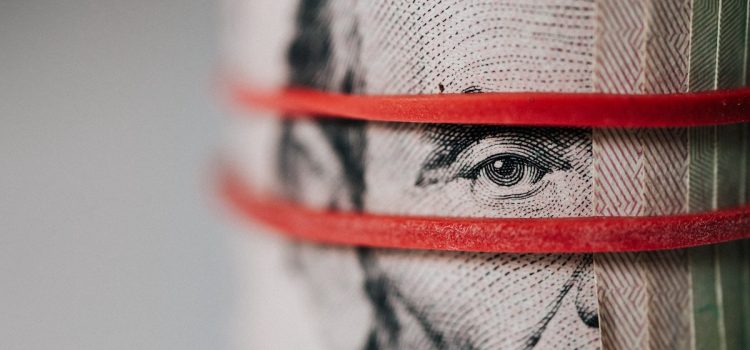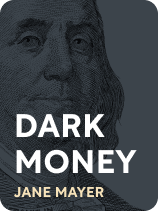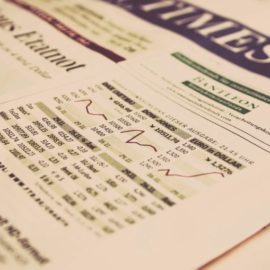

This article is an excerpt from the Shortform book guide to "Dark Money" by Jane Mayer. Shortform has the world's best summaries and analyses of books you should be reading.
Like this article? Sign up for a free trial here.
What is dark money? How is it used to influence politics in America?
Journalist Jane Mayer describes how the wealthy elite in America, particularly conservative business tycoons Charles and David Koch, used their fortunes to propagate far-right ideology in American politics. They’ve done this, she says, through dark money.
Read more to understand what Mayer means and to understand how lobbying is supposed to work.
What Is Dark Money?
What is dark money? Mayer explains that the wealthy have to circumvent campaign finance laws and regulations on lobbying groups in order to keep their political spending secret and to continue to enjoy the tax-exempt status of their foundations. Money spent in this way is known as dark money. In her book, Mayer describes how the Koch brothers have used this tactic for decades.
Groups such as the American Enterprise Institute in the mid-twentieth century directed their efforts into political lobbying but faced criticism from the government, which threatened their tax-deductible status. This led them to make an effort to avoid appearing partisan until the 1970s.
| What Is the Purpose of Lobbying? Lobbying exists to help individual citizens influence the actions of a democratically elected government. Since it’s impossible for every single voice in a nation to reach their elected officials, lobbying groups are intended to consolidate interests that are important to citizens and bring these issues to the attention of the government. Corporate lobbying, which became common during the 1970s and has continuously expanded in the decades since, represents the interests of corporations, not necessarily those of individuals, and their access to ample funding gives them disproportionate influence over the government compared to other public interest groups. In the same way, lobbying groups run by the wealthy, such as the American Enterprise Institute, also have an outsized influence on political decisions. |
However, in the 1970s, conservatives began redefining what partisanship looked like by portraying well-known nonpartisan news outlets like The New York Times as distinctly liberal and claiming they were just providing a counterpoint to those ideas. This not only made conservative think tanks appear less biased, explains Mayer, but it pushed these previously independent news sources further right as these groups scrambled to add conservatives to their ranks to appear less biased.
(Shortform note: While The New York Times generally continues to have a liberal bent in its official reporting, the outlet has hired numerous conservative opinion columnists, some of whom have been criticized for misrepresenting their interests and affiliations, using faulty logic, and cherrypicking sources. Critics suggest that the outlet’s attempt to add diversity of ideas favors the right and neglects the left.)
This shift of the entire political climate to the right made the ideas of free-market capitalism and libertarianism more mainstream. The wealthy also began funding biased and even fraudulent academic and scientific research through think tanks that supported their political agendas, allowing them to curate the spread of ideas to suit their corporate interests.
(Shortform note: The purpose of think tanks is to push for social change using evidence-based research and ideas. Members of these groups conduct research and present ideas to politicians for consideration in their policies. However, critics point out that many of the groups are staffed by lobbyists or people who are employed by corporations with vested interests in the research the think tanks are conducting. These individuals are able to influence policy decisions with the assumed credibility of scholars and without having to disclose their potential conflicts of interest, and much of their research is industry-sponsored and biased. This may contribute to the negative view of think tanks that many people hold.)

———End of Preview———
Like what you just read? Read the rest of the world's best book summary and analysis of Jane Mayer's "Dark Money" at Shortform.
Here's what you'll find in our full Dark Money summary:
- How a group of wealthy individuals has legitimized far-right beliefs in America
- A look at Charles and David Koch's views and tactics
- The influence dark money has had on American politics and society






